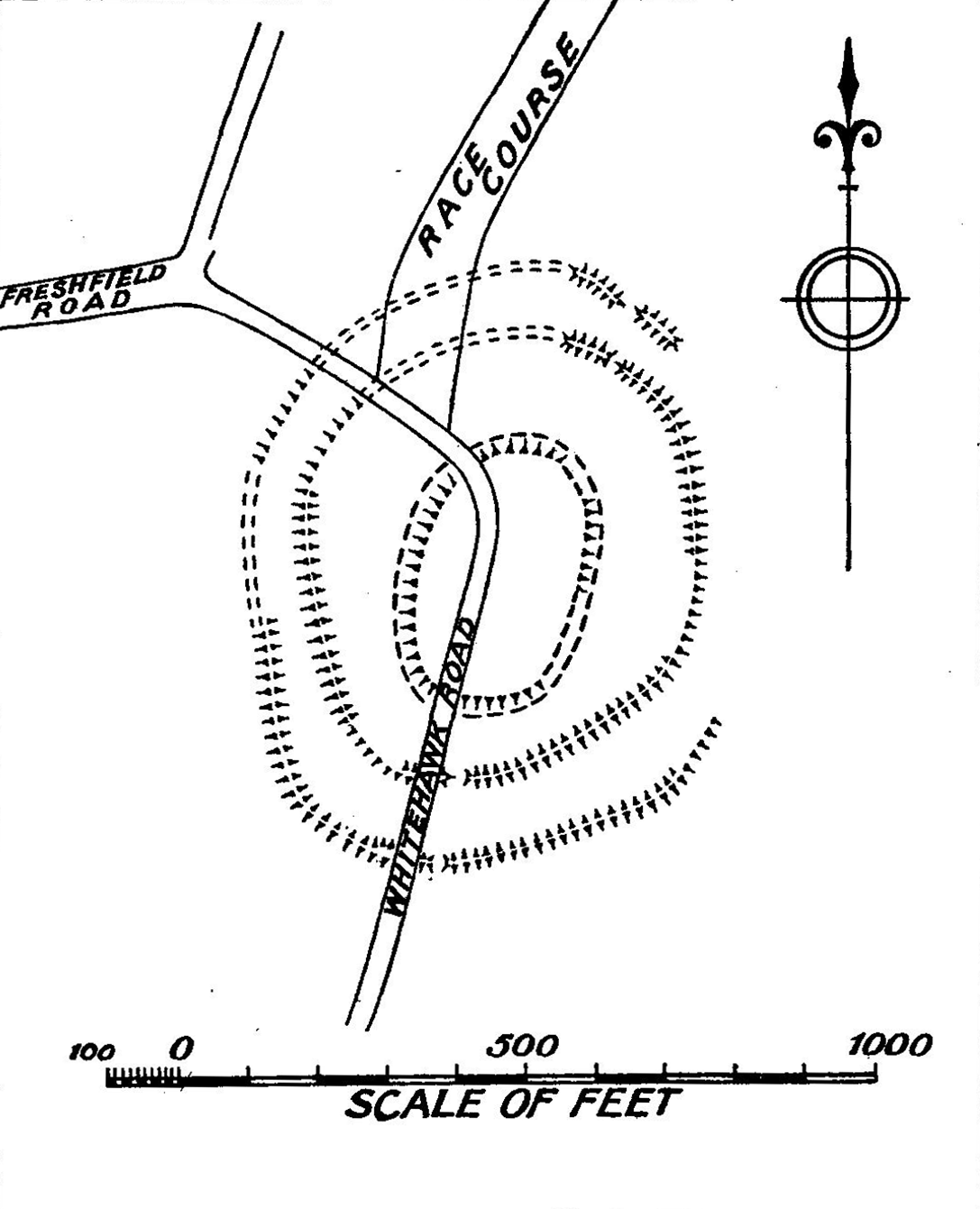|
Whitehawk
Whitehawk is a suburb in the east of Brighton, England, south of Bevendean and north of Brighton Marina. The area is a large, modern housing estate built in a downland dry valley historically known as Whitehawk Bottom. The estate was originally developed by the local council between 1933 and 1937 and included nearly 1,200 residences. Subsequently, the Swanborough flats were built in 1967, and in the 1970s and 1980s much of the estate was rebuilt by altering the road layouts and increasing the number of houses. Whitehawk is part of the East Brighton ward of Brighton and Hove City Council. History Pre-development Before being developed, Whitehawk was chalk downland. At the top of Whitehawk Hill, Whitehawk Camp was a Neolithic causewayed camp of the Windmill Hill culture inhabited around 5500 years ago. It is now a scheduled ancient monument and is one of three causewayed camps known to have existed in the South Downs. The name Whitehawk is believed to be a corruption of " ... [...More Info...] [...Related Items...] OR: [Wikipedia] [Google] [Baidu] |
Whitehawk Camp
Whitehawk Camp is the remains of a causewayed enclosure on Whitehawk Hill near Brighton and Hove, Brighton, East Sussex, England. Causewayed enclosures are a form of Neolithic British Isles#Early and Middle Neolithic: 4000–2900 BCE, early Neolithic Earthworks (archaeology), earthwork that were built in England from shortly before 3700 BC until at least 3500 BC, characterized by the full or partial enclosure of an area with ditches that are interrupted by gaps, or causeways. Their purpose is not known; they may have been settlements, or meeting places, or ritual sites. The Whitehawk site consists of four roughly concentric circular ditches, with banks of earth along the interior of the ditches evident in some places. There may have been a timber palisade on top of the banks. Outside the outermost circuit there are at least two more ditches, one of which is thought from radiocarbon dating, radiocarbon evidence to date to the Bronze Age Britain, Bronze Age, about two thousand years a ... [...More Info...] [...Related Items...] OR: [Wikipedia] [Google] [Baidu] |
